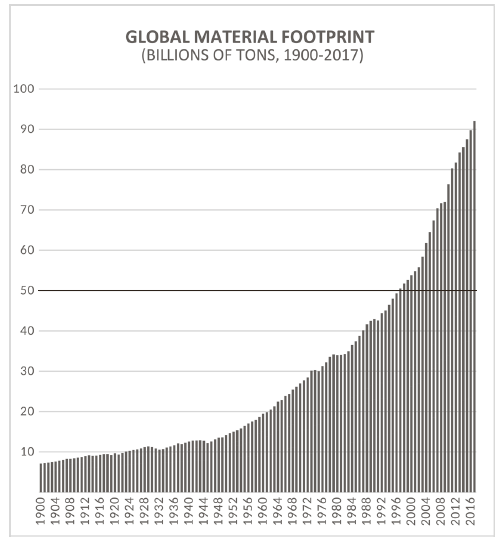
@pierreaussi @LMdiplo @Leigh_Phillips @mdiplo Thanks, Pierre (and Leigh). It seems to me that these arguments are a bit old now. The debate has advanced quite a lot from this representation of it.
@pierreaussi @LMdiplo @Leigh_Phillips @mdiplo First, the ozone thing is a false analogy. Capitalist growth does not require CFCs in order to work; it does however require energy and material resources. This has been pointed out a number of times before.
@pierreaussi @LMdiplo @Leigh_Phillips @mdiplo Second, the Malthus thing is an old scare tactic. Kallis wrote a book on this, showing that Malthus was a prophet not of limits but of growthism. Degrowth scholarship explicitly rejects Malthusian ideas.
@pierreaussi @LMdiplo @Leigh_Phillips @mdiplo Third, I’ve addressed Milanovic’s arguments here, in a post that responds to many of the claims that Leigh makes: jasonhickel.org/blog/2017/11/1…
@pierreaussi @LMdiplo @Leigh_Phillips @mdiplo Fourth, as a socialist, I would hope that Leigh grasps the extent to which large portions of capitalist production are in fact superfluous not only to well-being (“bread”) but also to pleasure/joy/art/etc (“roses”). An ecosocialist economy would deliver both with less throughput.
@pierreaussi @LMdiplo @Leigh_Phillips @mdiplo In sum, it seems to me that there is more to be gained from engaging with new arguments in good faith rather than strawmanning them. We have real problems to solve and I think the former approach is more productive toward this end than the latter.
• • •
Missing some Tweet in this thread? You can try to
force a refresh





